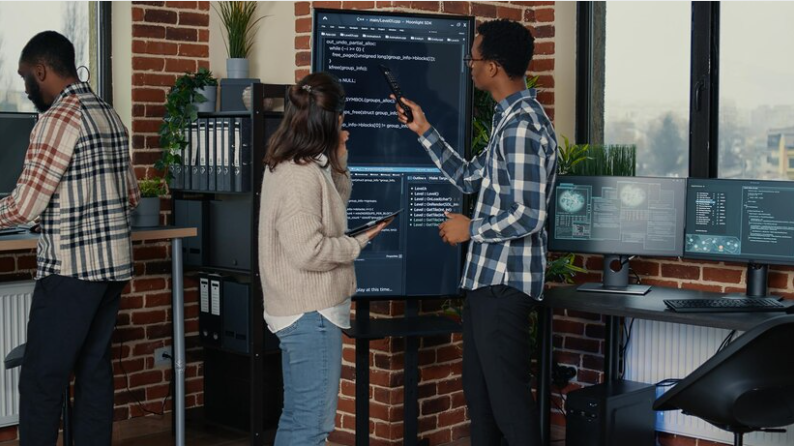In the digital age, the construction industry is experiencing a profound transformation, thanks to innovative software developers. These developers are creating specialized tools and applications that streamline operations, enhance efficiency, and drive productivity across construction projects of all sizes.
The Role of Construction Software Developers
Construction software developers play a crucial role in addressing the unique challenges faced by the construction industry. They design and develop software solutions that cater to various aspects of the construction lifecycle, including:
-
Project Management: Software developers create robust project management tools that allow stakeholders to track progress, manage resources, and ensure that projects are completed on time and within budget.
-
Building Information Modeling (BIM): BIM software developers enable stakeholders to create detailed 3D models of buildings and infrastructure. These models facilitate better collaboration, visualization, and analysis throughout the entire project lifecycle.
-
Estimating and Cost Management: Developers create software solutions that assist with accurate cost estimation, budgeting, and financial management. This helps construction firms optimize their resources and reduce cost overruns.
-
Scheduling and Planning: Construction scheduling software developers create tools that help in creating and managing project schedules, ensuring that tasks are completed in the correct sequence and on time.
-
Safety and Compliance: Developers design safety management software that assists construction companies in adhering to safety regulations, conducting inspections, and maintaining a safe working environment.
Advantages of Using Construction Software
The adoption of construction software developed by specialized developers offers several benefits:
-
Enhanced Efficiency: Construction software streamlines processes, automates repetitive tasks, and minimizes errors, resulting in increased productivity and efficiency.
-
Improved Collaboration: Software facilitates real-time collaboration between project stakeholders, allowing for better communication and decision-making.
-
Data-Driven Insights: Construction software developers integrate analytics tools that provide actionable insights, enabling firms to make informed decisions and optimize performance.
-
Sustainability: Some construction software solutions focus on sustainability by optimizing resource usage, reducing waste, and supporting green building initiatives.
Challenges and Trends
Despite the advantages, the construction software development industry faces challenges such as interoperability issues between different software platforms, cybersecurity risks, and the need for continuous training and education for construction professionals.
Future Outlook
Looking ahead, the future of construction software development looks promising. Emerging technologies such as artificial intelligence, machine learning, and the Internet of Things (IoT) are expected to further revolutionize the industry. These technologies will enable predictive analytics, autonomous machinery, and smart construction sites.
Conclusion
In conclusion, construction software developers are pivotal in driving innovation and efficiency in the construction industry. As technology continues to evolve, so too will the role of these developers in creating smarter, more sustainable, and more efficient construction processes.





